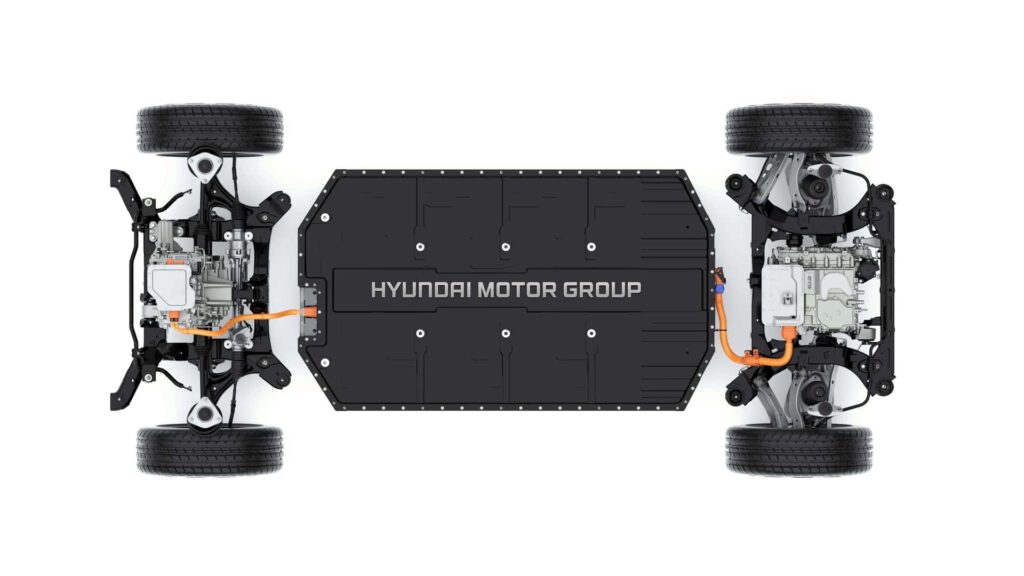The Hyundai Motor Group is making significant strides in the electric vehicle (EV) industry by planning to develop and manufacture its own electric vehicle battery cells. This decision comes in response to growing concerns about falling behind in the battery race, particularly after Chinese EV and battery giant BYD showcased its megawatt charging platform in China earlier this year.
According to local news reports from South Korea, Hyundai has assembled a special team of top executives and engineers to spearhead the in-house battery development efforts. This dedicated team, known as the “B Task Force,” includes key engineering experts such as Jung Jun-cheul and Choi Jae-hoon, who are leading the charge in this initiative.
While Hyundai already has an in-house battery team that works with external suppliers like LG Energy Solution and SK On, the new development marks a shift towards investing in proprietary battery technology. This move aligns with the trend seen in the industry, with companies like Tesla, BYD, and Toyota also focusing on in-house battery development to optimize their EV offerings.
In-house battery production offers several advantages, including the ability to tailor batteries to fit specific software and architecture requirements of the vehicles. It also provides cost advantages in the long run by eliminating supplier fees and enhancing control over raw materials and logistics. Additionally, it can accelerate research and development efforts and reduce exposure to supply chain disruptions.
The decision to ramp up in-house battery development was reportedly triggered by BYD’s unveiling of its hyper-fast charging battery technology in March. BYD’s Super e-Platform supports 1,000 volts, 1,000 amps of current, and can charge at 1,000 kilowatts, enabling EVs like the Han L and Tang L to charge in just 5 minutes.
Hyundai’s foray into in-house battery development underscores the company’s commitment to staying competitive in the rapidly evolving EV market. As the demand for electric vehicles continues to rise, having proprietary battery technology could give Hyundai a strategic advantage in the long term.
Overall, Hyundai’s decision to invest in in-house battery development highlights the importance of innovation and technological advancement in the automotive industry. By leveraging its expertise and resources to develop cutting-edge battery technology, Hyundai is positioning itself as a key player in the future of electric mobility.

